Camping is somewhat of a forgotten pastime. Not many people go on adventures in the wilderness, and even fewer families bother to have holidays that don’t involve luxurious hotels and swimming pools. A holiday doesn’t need to mean that you’re fed stereotypical tourist attractions and expensive food. Great family holidays are about experiencing new things and making lifelong memories. They don’t have to be luxurious trips, and camping is the ultimate budget family bonding activity.
Unless you used to go camping as a child or teen, then you probably have no idea where to begin. There are loads of survival blog websites that specialise in teaching the basics about preparation. They’re usually filled with tips to help you survive in the wilderness. As long as you pick the right location and prepare properly, you won’t need to defend your family from wild bears or make fire with sticks. This post will go through all the basics you need to consider when planning a camping trip, and any problems that you might need to plan around.
Your Tent
A good quality tent is vital to having a good time in the outdoors. You need to have a roof over your head and to protect you from the weather, bugs and animals. Make sure your tent is large enough for your needs and that it can fit your entire family. If your children prefer to have their own tents, then buy separate ones and help them set it up.
You’ll also need some additional supplies in case something breaks or needs an emergency repair. Duct tape is great for fixing small cuts in your tent and to stick things against the tent walls, and some light cleaning supplies like a dustpan and brush are great to clean up dirt and soil that might get into your tent. Lighting is also great. A portable overhead lamp is great to light up a large tent, and torches are good for making your way around camp at night.
As for sleeping supplies, you’ll need pillows, air beds or sleeping bags, and extra sets of clothing. Temperatures drop fast at night, so you’ll want to carry extra layers of clothing to keep comfortable in bed.
Campsite
Camp furniture like chairs and portable toilets are a must as well, and a folding table is always a good idea to place food and cooking utensils. A large water container is mandatory so that you have plenty of clean drinking water, and a portable gas stove is a great way to get some cooking done out in the wild. You’ll need to fuel it with something, so carry extra gas or charcoal depending on how you want to operate it. A box of matchsticks or a lighter are also very handy.
Make sure you pack utensils to cook and eat. If you’re worried about breaking or losing kitchenware, then buy a pack of plastic utensils and paper plates instead. Health and safety equipment is also great to have around. A first-aid kit is usually enough, but you can carry extras like sunscreen, insect repellent, and some handwash. Don’t forget your regular toiletries either!

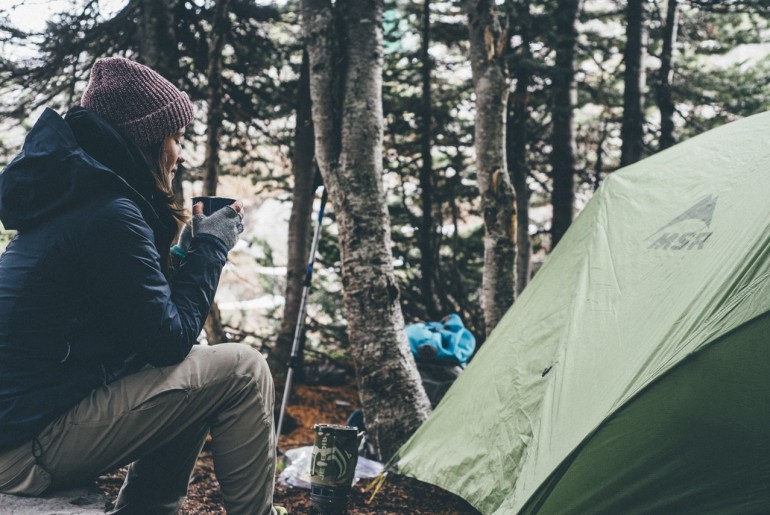
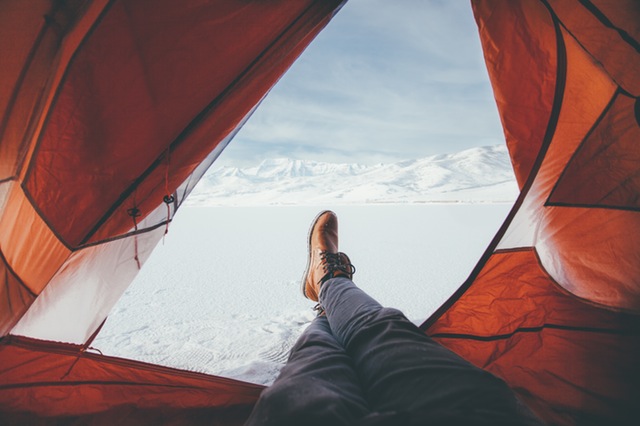

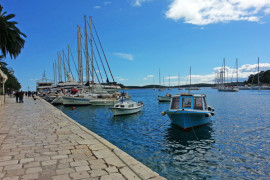
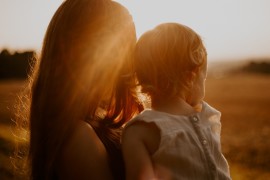
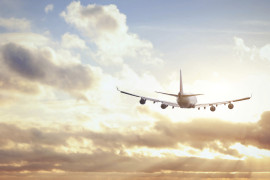
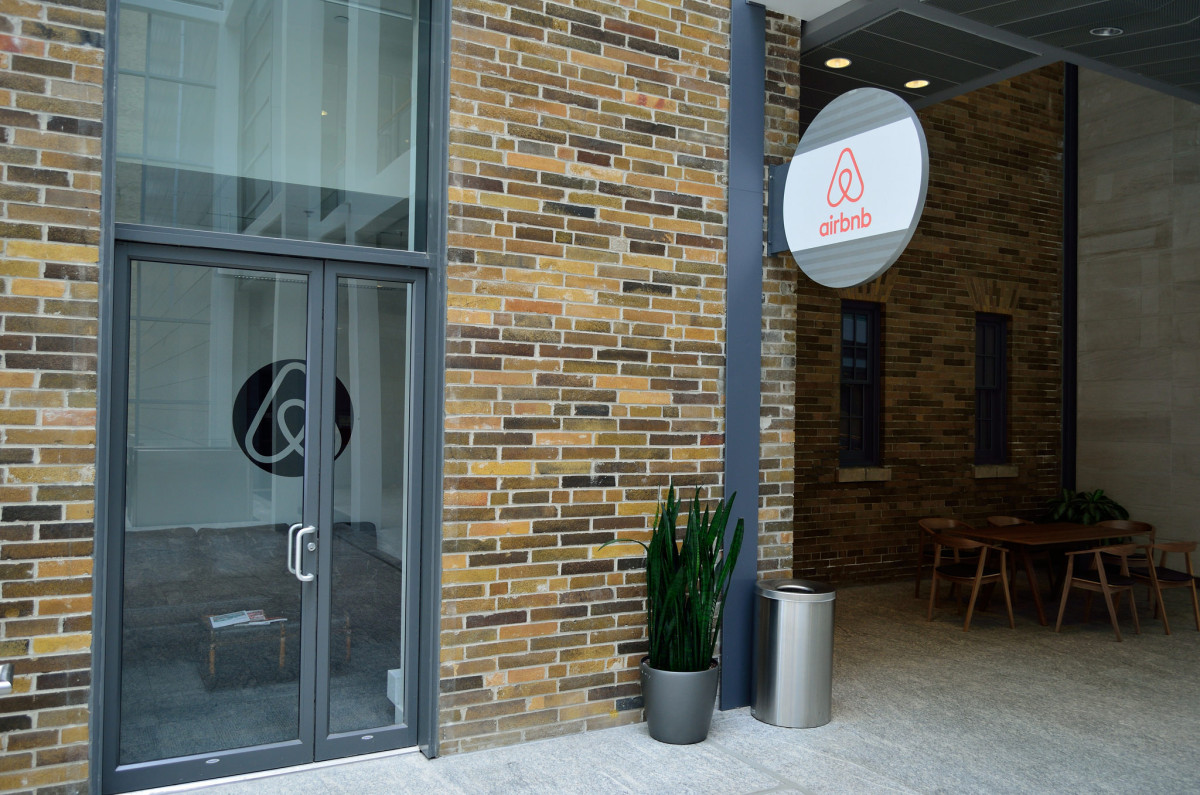
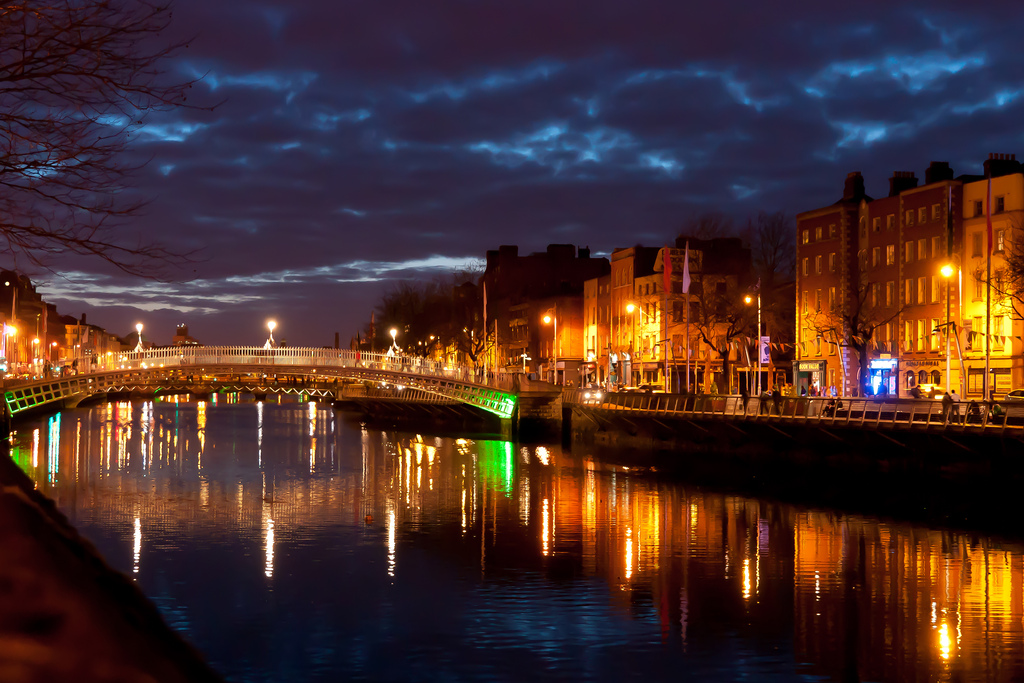

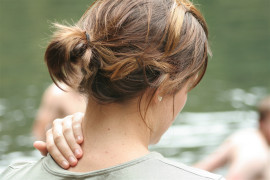
Comments are closed.